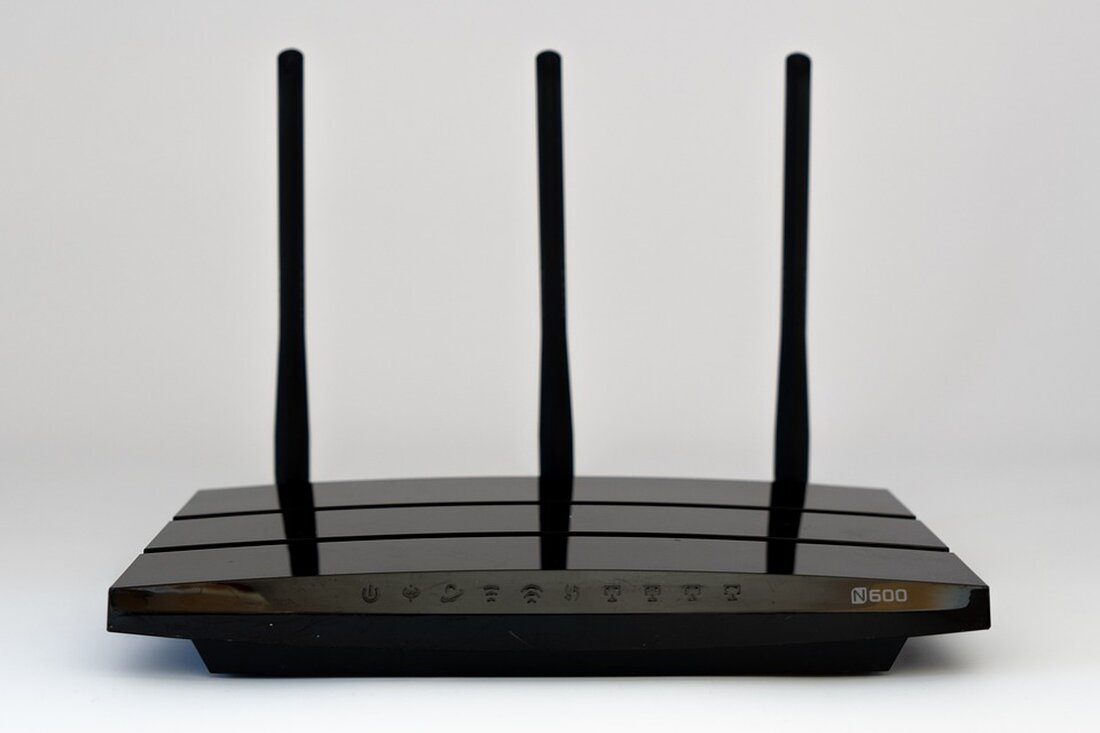WiFi on vacation: This is how good the internet is on German campsites!
Many German campsites offer WiFi, but the coverage is often inadequate. An analysis highlights the challenges.

WiFi on vacation: This is how good the internet is on German campsites!
Many German campsites promise their guests free Wi-Fi, but the actual network coverage is often anything but satisfactory. An analysis of 50 campsites by the comparison portal Verivox shows that although WiFi is available on 42 of the 50 sites, the quality and reliability often leaves something to be desired. In 7 cases, fees between 1.75 and 15 euros per week per device are charged, and only one site does not offer any WiFi at all. The situation is further exacerbated by inadequate mobile networks: In 26 of the systems examined, there are network gaps with at least one of the common providers such as Telekom, O2, Vodafone and 1&1. This particularly affects the regions of Bavaria, Baden-Württemberg and Rhineland-Palatinate, while fewer problems were identified on the North and Baltic Sea coasts.
As Verivox further reports, 24 out of 50 campsites have very good network quality, which includes both 5G and 4G/LTE. Campers who would like to find out about their provider's network quality can use the Federal Network Agency's monitoring map. If mobile phone coverage is insufficient, it is recommended to check Wi-Fi availability in advance and, if necessary, take technical precautions such as using a mobile Wi-Fi router or an outdoor antenna to improve the Internet connection.
Holiday behavior and WiFi use
Nowadays, many people also use their vacation time for a so-called e-detox. Many holidaymakers feel the need to switch off and prefer to relax without a constant internet connection. For these travelers, normal cell phone reception is often enough to stay in touch. Nevertheless, questions arise about sufficient WiFi coverage on the campsites. In order to ensure an Internet connection at every parking space, numerous additional routers would be required.
However, it is unclear who would cover the costs of the required infrastructure. Additional fees of 1-2 euros per day, which many Internet users are willing to pay, usually do not cover the investment costs. In addition, campsite operators have to constantly maintain the infrastructure for a functioning WiFi network, which causes additional effort. Concerns about negative reviews from guests due to insufficient Wi-Fi coverage are also contributing to operators' reluctance.
In summary, despite efforts to improve internet coverage on campsites, both Wi-Fi and mobile networks are often not provided in the desired quality. While the convenience of a stable internet connection is important to many campers, the question of infrastructure and financing at current campsites remains an issue that still needs to be resolved.

 Suche
Suche
 Mein Konto
Mein Konto